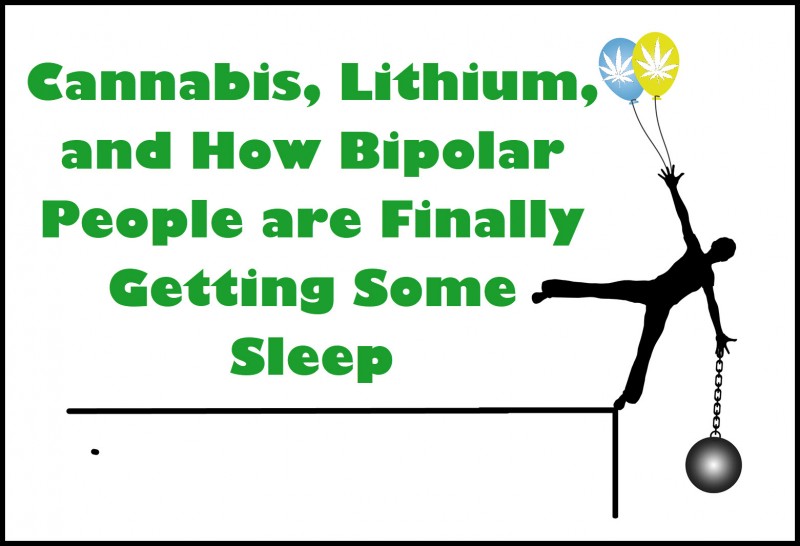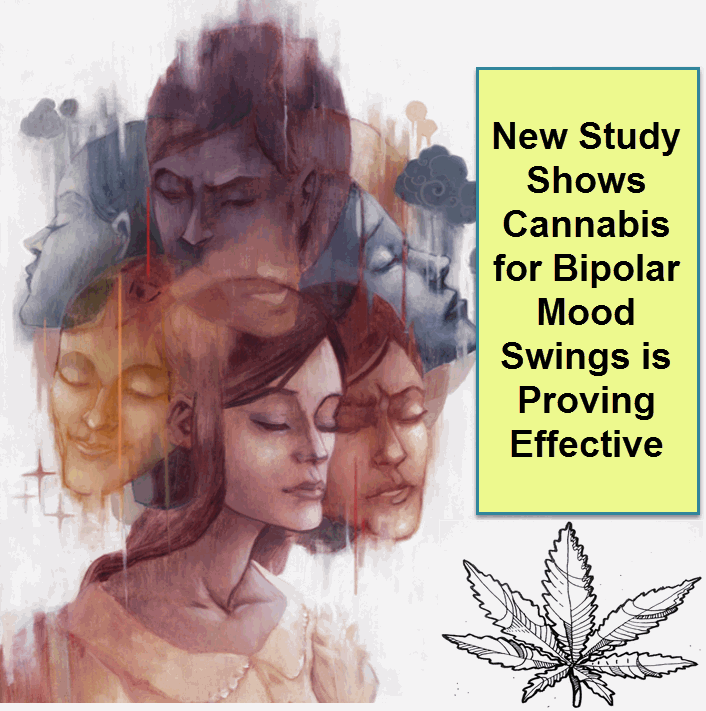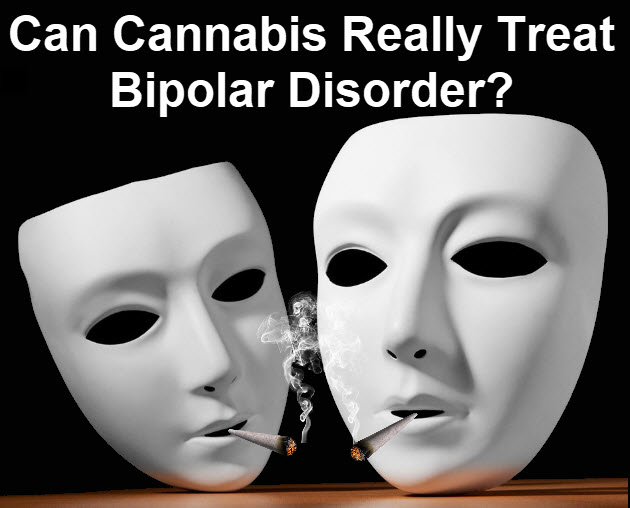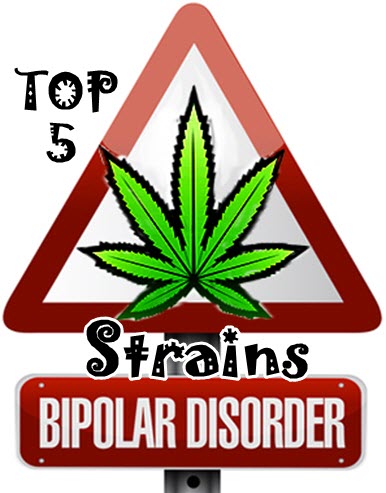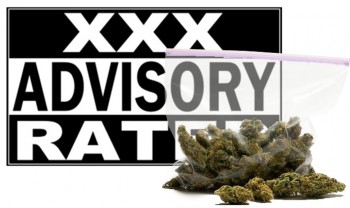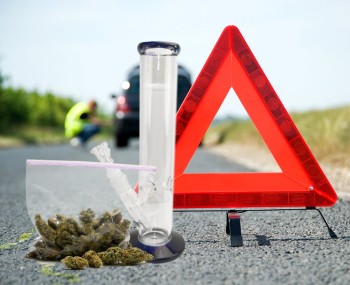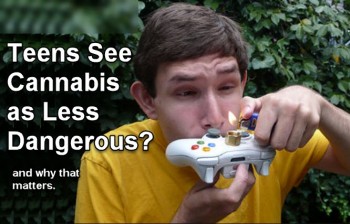Cannabis, Lithium, and How Bipolar People are Finally Getting Some Sleep
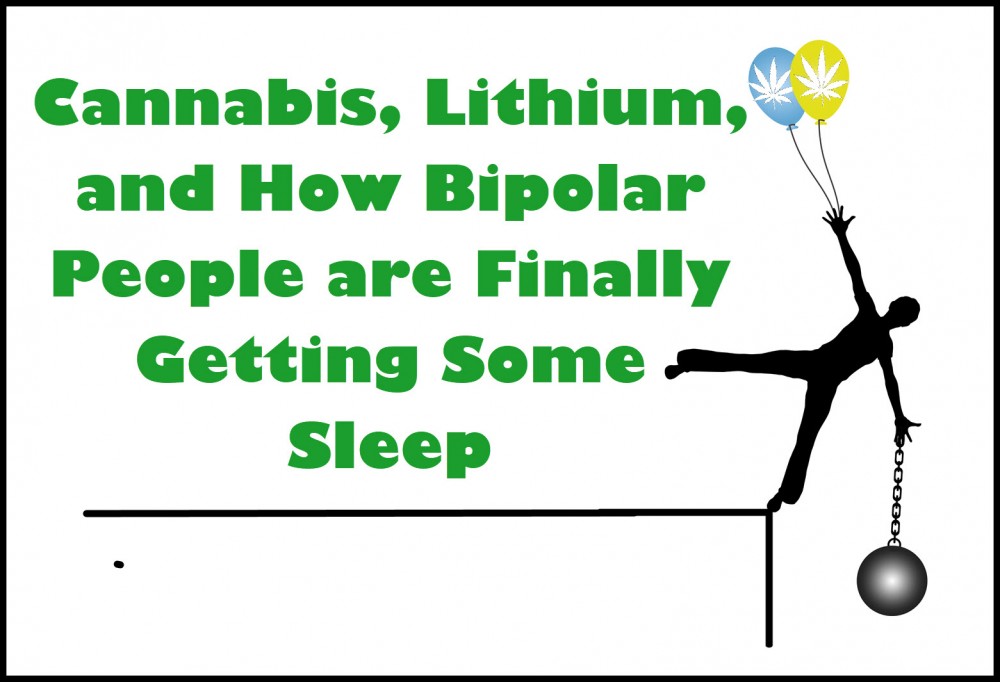
Cannabis is the most commonly used drug by individuals with bipolar disorder. Science provides no direct answer for this, although it is of note that people with bipolar disorder are more likely to use cannabis than schizophrenics, and the general public.
This is concerning to many psychiatrists and rightly so, but this is a very hard topic to break down. Not only is bipolar a disorder that can vary almost between individuals, cannabis strains and products are so diverse that there is no way to easily define them.
Doctors who warn against using cannabis to medicate for bipolar also concede that CBD products, which have been not shown to lead to inducing mania or psychosis, may be effective.
Even decades ago, researchers were studying the effects THC has on sleep cycles. They found it had surprisingly similar effects to lithium, which is a popular medicine used to treat bipolar disorder.
Lithium regulates sleep disturbances and has shown to have a strong correlation with limiting REM cycles and promoting healthier sleep. According to this study, THC may provide similar effects that could benefit bipolar people through making their sleep patterns more regular.
This study goes against the common narrative that THC induces manic episodes and has no medical effect for bipolar patients. Instead, it suggests that THC may be a helpful tool for individuals struggling with mood affective disorders.
As important as it is to note that bipolar disorder is incurable, and it can be a devastating condition, it is equally important to state that it can be coped with and controlled. The traditional perspective on this disorder is that it is a chemical imbalance.
Some doctors prescribe stimulants and even antipsychotics to treat medically resistant bipolar patients. The pharmaceutical industry has thrown plenty of medications at this disorder in pursuit of treating it. Plenty of these pills, including Risperdal and Seroquel, pose a threat to the liver.
An alternative philosophy concerning how to approach bipolar disorder, one which focuses on inner calm and responsibility, is the holistic approach. People with bipolar disorder tend to be highly sensitive people, which means that they have an exaggerated response to stimuli.
Working off of this understanding, the treatment of the disorder can begin with the treatment of lifestyle. The use of any substance, such as caffeine and alcohol, can trigger mood shifts in bipolar people by contributing to a shift in energy. This can disrupt sleeping habits, eating habits, hygiene routine, and occupational responsibilities. Any of this can exacerbate an affective episode.
The best strategy is to avoid this. Shifts in sleep patterns are referred to as a “social rhythm dysfunction”. Humans are a social animal, and as such, if there is a separation from certain norms, then there will be mental irregularities.
Sleep disturbances are actually an early indicator for children with bipolar disorder, and so there is a question of which causes which, but the relationship is there. Later in life, sleep disturbances predict spikes in mood.
Ultimately there is a sea of evidence for lifestyle choices affecting the disorder, as even a sugar binge would make it more likely for an individual to experience a manic episode.
A 2008 study followed up the study which suggested that THC may help treat sleep disturbances, and it all concluded that THC can help limit REM sleep cycles.
For those with PTSD, this is incredibly good news because it means that using cannabis, particularly those high in THC content, can reduce the part of the sleep cycles that contain nightmares.
For those with bipolar disorder, it’s promising to see that cannabis may be a medically viable option for treating their disorder, permitting that there are no other factors that will affect treatment.
In 2019, the FDA has finally begun scientific testing on cannabis. This means that cannabis will soon become a better-studied medication.
Already, research has revealed an individual's AKT1 genotype, which can be tested for in spit, may be able to predict whether one will have a psychotomimetic reaction to cannabis, and the CHRNA 2 gene variant may be able to predict whether or not an individual is prone to cannabis abuse disorder.
Although the relationship between DNA variants and cannabis use is not fully studied yet, there is a lot of progress being made to predict whether an individual will suffer from psychosis or other negative effects due to cannabis use.
Having cannabis as a stable and well-understood substance is still a goal that will be reached in the future, but that future gets closer every day. The research is getting done, and a lot of it is promising for patient safety. Considering the studies revealing that THC may be able to mimic lithium in assisting more normal sleep patterns, there are different angles from which to approach this issue.
It makes sense that a patient may have more manageable mood swings after using cannabis for years if it allows them to readapt to a socially aligned sleep schedule. Doing so limits irritability helps with appetite, increases bodily health, and promotes stability. If cannabis is capable of causing it, then better sleep is medicine enough for some patients.
Researches are interested in the relationship between individuals with bipolar disorder and cannabis use, but they often overlook it as a sleep regulator. There is an irresponsible way to use anything. Cannabis may help bipolar individuals assimilate.
Wrapping Up Bluntly on Cannabis’s Potential for Bipolar Individuals
If cannabis can help promote sleep regularity, a normal appetite, and reduce hyperactivity, then it can be an incredible tool for mood regulation.
Like any other medicine, it’s important how cannabis is utilized. If a child is left alone with a bottle of Adderall and no instructions, then it will not be an effective treatment. All medications require accompanying therapeutic habits and schedules. If a patient is not willing to do that for cannabis, then it will go as well as when they use prescription pills in a similar fashion.
Bipolar is a difficult condition that deserves a delicate touch. Everyone who suffers from it deserves a good support system and should reach out if they are experiencing overwhelming emotion.
There are several resources available, and there are always communities to join for those who suffer from the condition. A greatly useful coping strategy is to limit isolation. Other than that, communication and understanding is crucial for bipolar people to integrate.
BIPOLAR, CANNABIS, AND THE FUTURE, READ THIS..
CANNABIS FOR BIPOLAR IS PROVING EFFECTIVE, CLICK HERE.
OR..
MARIJUANA FOR BIPOLAR, WHAT ARE THE OPTIONS.

